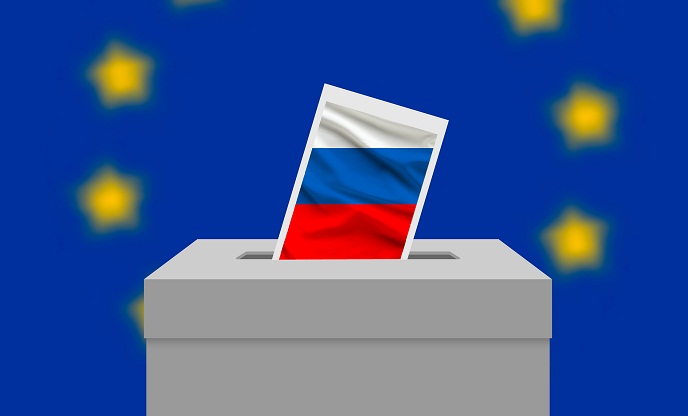In a report released Friday, June 14, the European Commission said it observed activities from Russia, which aimed to influence the electoral behavior of Europeans. After trying to influence the votes in the 2016 US elections, Russia continues to use new technologies to try, this time, to creep into the politics of the Old Continent. The European authorities have pointed to the “continuous and sustained disinformation activity from Russian sources”. Using advanced technologies for political purposes The Commission’s report highlights Russia’s interference in inventing and disseminating false information to deter European voters from going to the polls, but also to direct their vote to far-right parties. It is therefore, without going to a scandal of an incredible scale, by a large flow of fake news cleverly relayed, that Moscow intervened in the elections of May. EU Security Union Commissioner Julian King said: “The trend, as far as we know, rather than trying to make hacking leaks on a large scale, is to have a personalized approach and carefully targeted that uses false accounts and bots to accelerate and amplify the content that divides, already there “An insidious work that attacks the mentalities of populations and can weaken them.
The amount of false articles from Russia would have doubled
in the months leading up to the elections compared to the same period of 2018.
As expected, the fire at Notre Dame Cathedral was object of
instrumentalizations and misinformation by the support of the Kremlin, invoking
the symbol of a loss of Christian and Western values in this accident that
would not be one.
Importance of Social Networks in Electoral Process:
The Facebook, Twitter and Google networks, which are very important information relays, have been welcomed by the Commission for progress in the more transparent handling of messages advertising political parties. Nonetheless, they are asked to be more efficient, especially regarding the identification of post writers, which is difficult to establish by the automated network system, but also to go further by providing the means for users to better identify the fake news.
The impact of Russian disinformation activities does not appear to have been significant enough to have any significant impact in these elections. If the extreme right has high scores, the phenomenon was expected and did not create surprise in the Union. Participation no longer seems to have really suffered from these maneuvers. It has indeed exceeded 50%, posting the highest participation rate for twenty years. The European legislative elections make it possible to give the floor to the peoples of the Union by choosing, every five years, their representatives.
